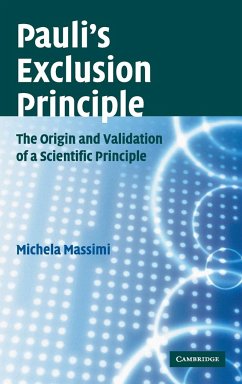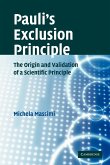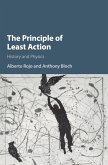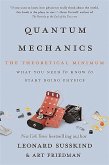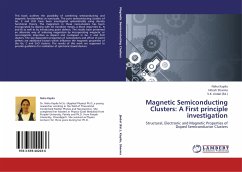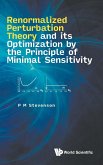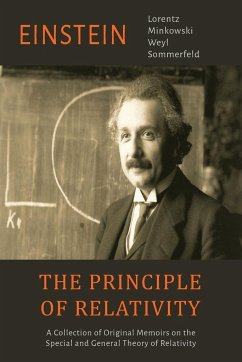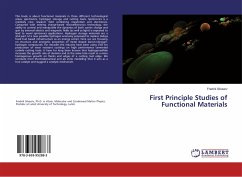Short description/annotation
Develops a philosophical framework for understanding a scientific principle's validation, for philosophers, historians and physicists.
Main description
There is hardly another principle in physics with wider scope of applicability and more far-reaching consequences than Pauli's exclusion principle. This book explores the principle's origin in the atomic spectroscopy of the early 1920s, its subsequent embedding into quantum mechanics, and later experimental validation with the development of quantum chromodynamics. The reconstruction of this crucial historic episode provides an excellent foil to reconsider Kuhn's view on incommensurability. The author defends the prospective rationality of the revolutionary transition from the old to the new quantum theory around 1925 by focusing on the way Pauli's principle emerged as a phenomenological rule 'deduced' from some anomalous phenomena and theoretical assumptions of the old quantum theory. The subsequent process of validation is historically reconstructed and analysed within the framework of 'dynamic Kantianism'. The variety of themes skilfully interwoven in this book will appeal to philosophers, historians, scientists and anyone interested in philosophy.
Table of contents:
1. The exclusion principle: A philosophical overview; 2. The origins of the exclusion principle: an extremely natural prescriptive rule; 3. From the old quantum theory to the new quantum theory: reconsidering Kuhn's incommensurability; 4. How Pauli's rule became the exclusion principle: from the Fermi-Dirac statistics to the spin-statistics theorem; 5. The exclusion principle opens up new avenues: from the eightfold way to quantum chromodynamics.
Hinweis: Dieser Artikel kann nur an eine deutsche Lieferadresse ausgeliefert werden.
Develops a philosophical framework for understanding a scientific principle's validation, for philosophers, historians and physicists.
Main description
There is hardly another principle in physics with wider scope of applicability and more far-reaching consequences than Pauli's exclusion principle. This book explores the principle's origin in the atomic spectroscopy of the early 1920s, its subsequent embedding into quantum mechanics, and later experimental validation with the development of quantum chromodynamics. The reconstruction of this crucial historic episode provides an excellent foil to reconsider Kuhn's view on incommensurability. The author defends the prospective rationality of the revolutionary transition from the old to the new quantum theory around 1925 by focusing on the way Pauli's principle emerged as a phenomenological rule 'deduced' from some anomalous phenomena and theoretical assumptions of the old quantum theory. The subsequent process of validation is historically reconstructed and analysed within the framework of 'dynamic Kantianism'. The variety of themes skilfully interwoven in this book will appeal to philosophers, historians, scientists and anyone interested in philosophy.
Table of contents:
1. The exclusion principle: A philosophical overview; 2. The origins of the exclusion principle: an extremely natural prescriptive rule; 3. From the old quantum theory to the new quantum theory: reconsidering Kuhn's incommensurability; 4. How Pauli's rule became the exclusion principle: from the Fermi-Dirac statistics to the spin-statistics theorem; 5. The exclusion principle opens up new avenues: from the eightfold way to quantum chromodynamics.
Hinweis: Dieser Artikel kann nur an eine deutsche Lieferadresse ausgeliefert werden.

